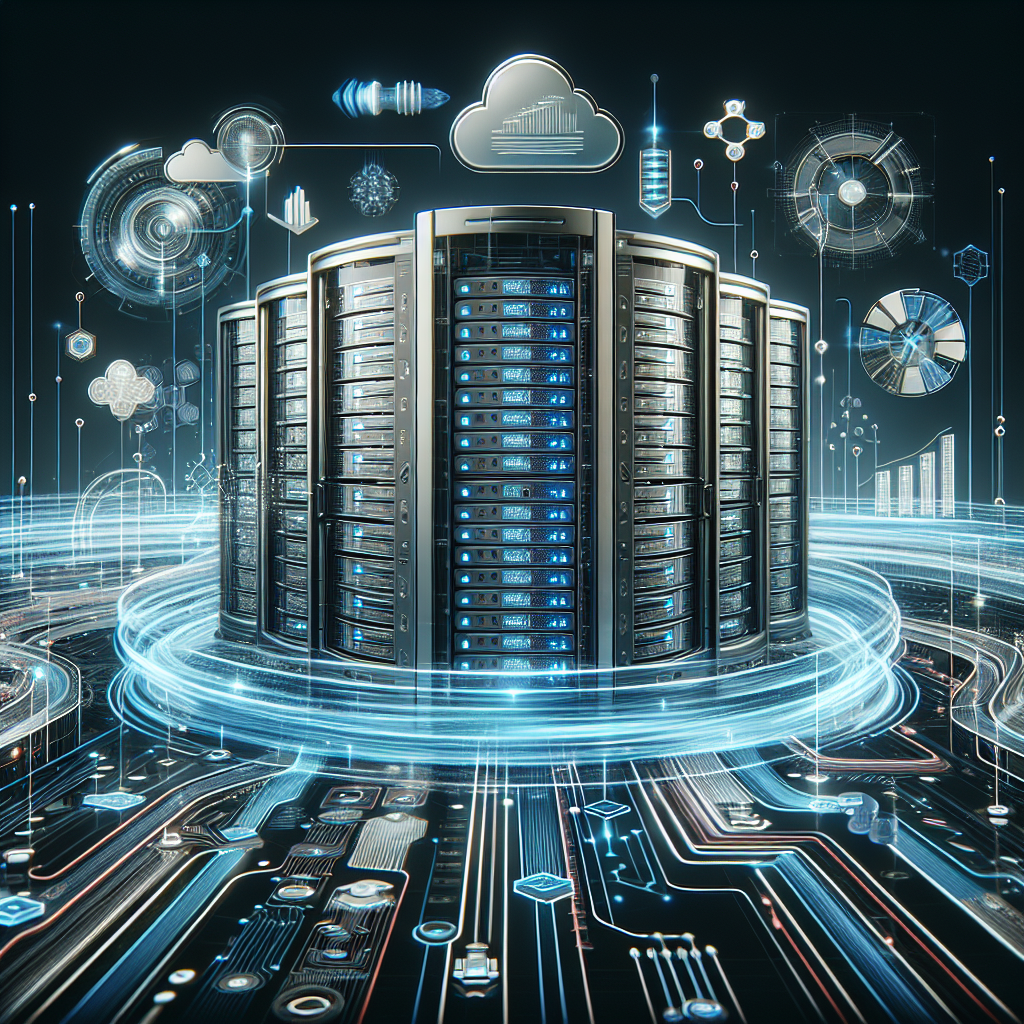Data centers play a crucial role in the digital world, serving as the backbone of the internet and housing vast amounts of data for businesses and organizations. As technology continues to advance at a rapid pace, the future of data center databases is evolving with emerging technologies and innovations that promise to revolutionize the way data is stored, managed, and accessed.
One of the key trends shaping the future of data center databases is the rise of cloud computing. Cloud-based databases offer scalability, flexibility, and cost-effectiveness, making them an attractive option for businesses looking to store and manage large amounts of data. With the increasing adoption of cloud services, data centers are shifting towards a hybrid cloud model, where data is stored both on-premises and in the cloud to ensure security, reliability, and performance.
Another emerging technology that is transforming data center databases is the use of artificial intelligence (AI) and machine learning. AI-powered databases can analyze and interpret data more effectively, making it easier for businesses to derive valuable insights and make informed decisions. By leveraging AI and machine learning algorithms, data centers can automate data management tasks, optimize performance, and improve security.
Blockchain technology is also making waves in the data center industry, offering a secure and decentralized way to store and manage data. Blockchain databases provide transparency, immutability, and integrity, making them ideal for industries such as finance, healthcare, and supply chain management. By implementing blockchain technology in data centers, organizations can enhance data security, reduce the risk of data breaches, and ensure data integrity.
In addition to cloud computing, AI, and blockchain, other emerging technologies such as edge computing, Internet of Things (IoT), and 5G are shaping the future of data center databases. Edge computing brings data processing closer to the source, reducing latency and improving performance for real-time applications. IoT devices generate massive amounts of data that need to be stored and processed efficiently in data centers. And with the rollout of 5G networks, data centers will need to support faster speeds and higher bandwidth to handle the influx of data from connected devices.
As data centers continue to evolve, it is clear that the future of data center databases will be driven by emerging technologies and innovations that offer scalability, performance, security, and efficiency. By embracing cloud computing, AI, blockchain, edge computing, IoT, and 5G, data centers can stay ahead of the curve and meet the growing demands of the digital economy. The future of data center databases is bright, with endless possibilities for innovation and growth.


Leave a Reply